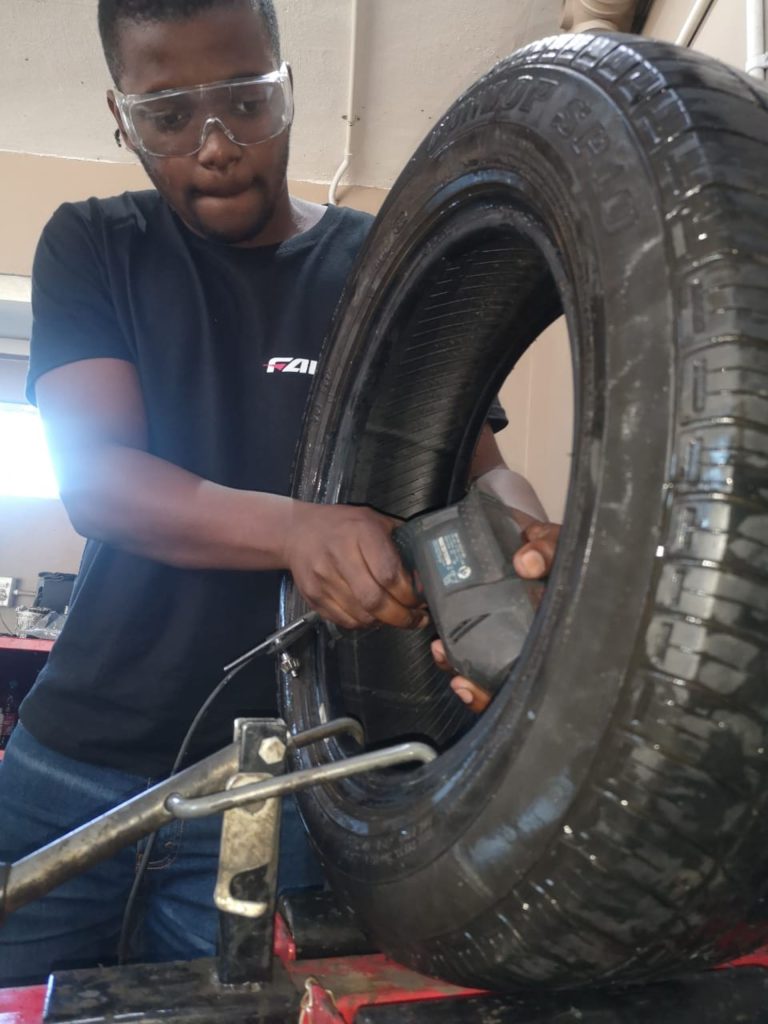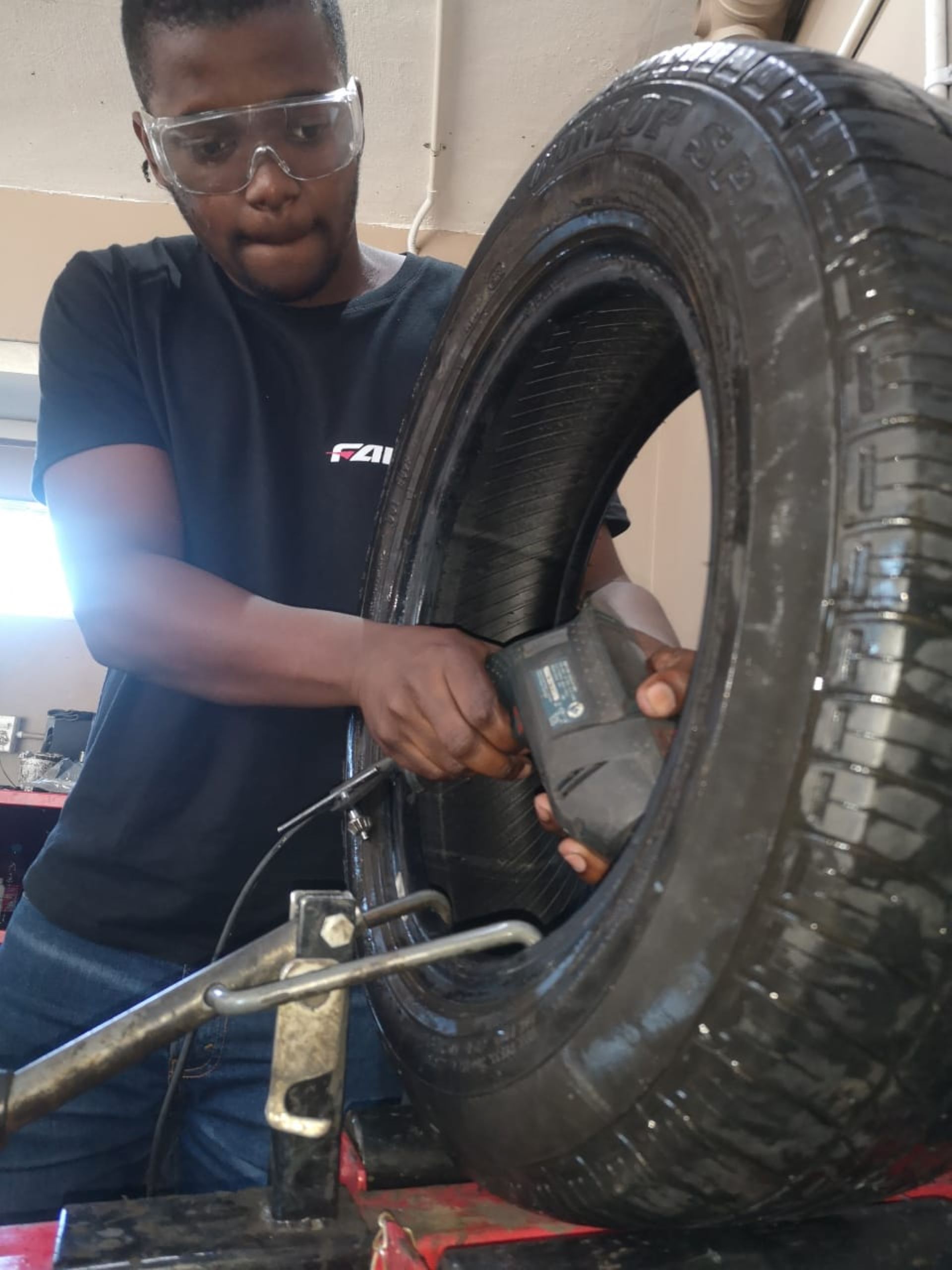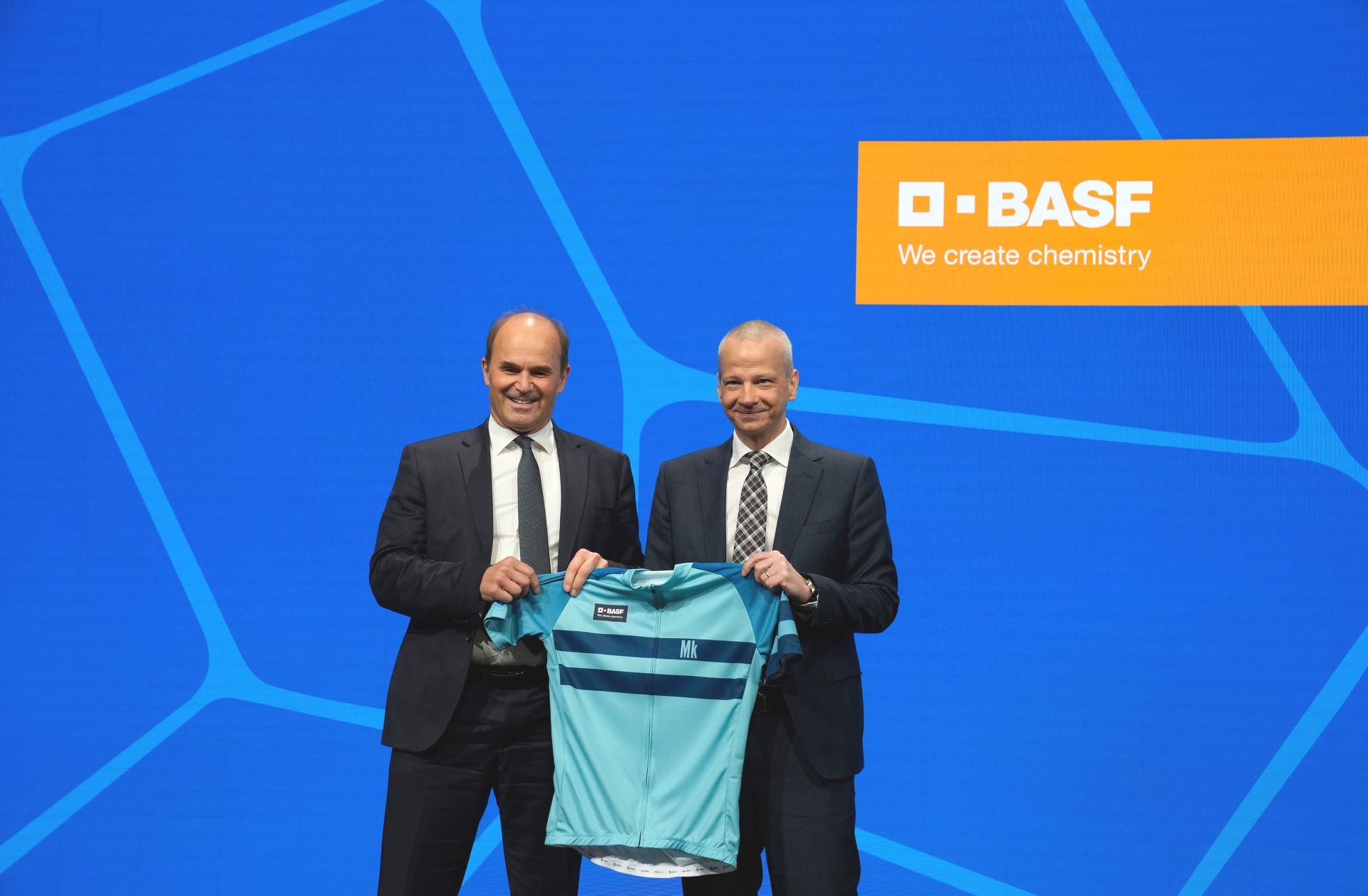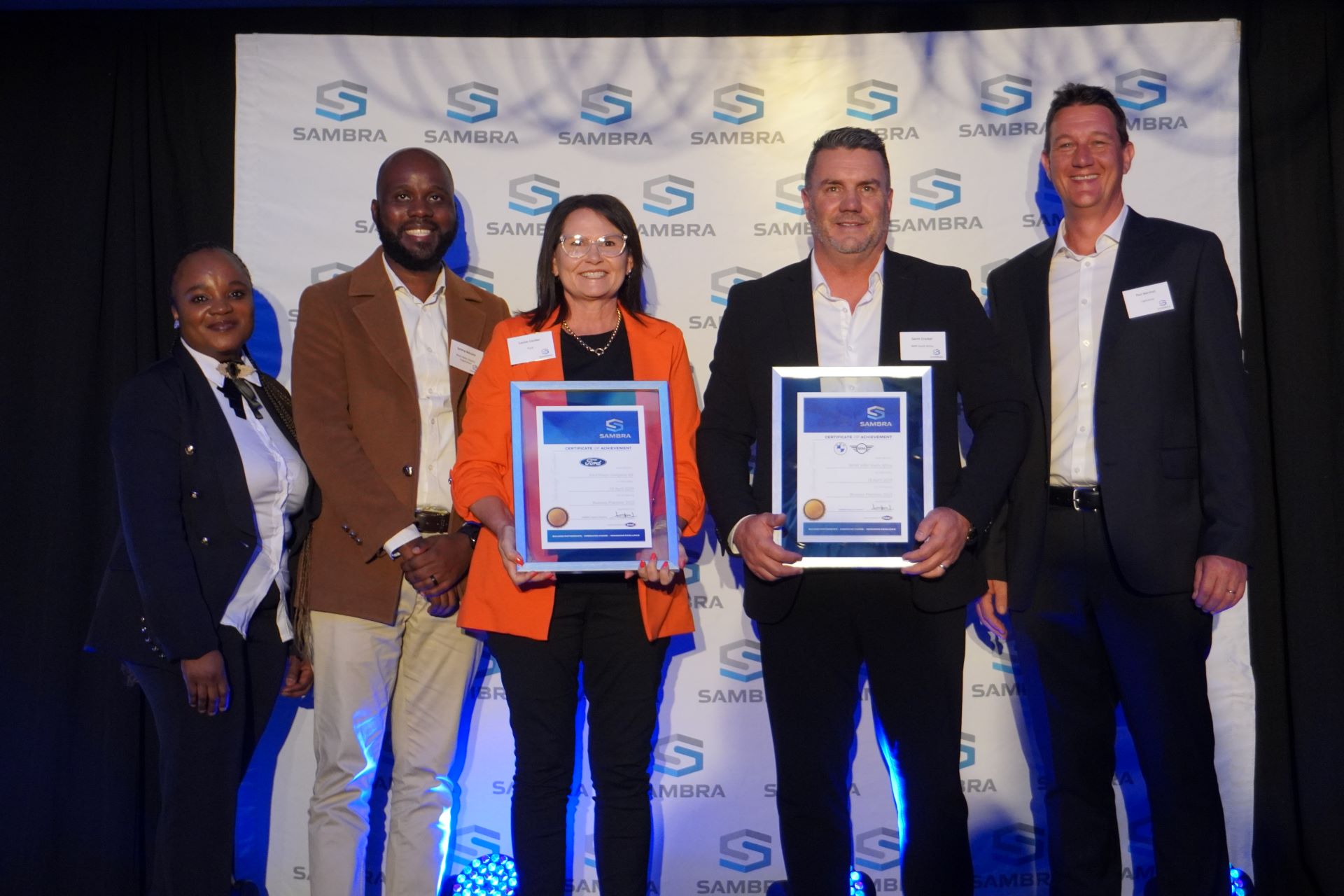According to Census 2022, 18.5 million adults in South Africa did not complete their secondary schooling, which means they do not have a matric certificate.
This is a significant barrier to tertiary education, notes Angie Frederic, TEPA (Tyre, Equipment, Parts Association) Training Representative.
She points out that sector-specific skills development is critical in giving this section of the population an opportunity to learn a skill and advance into the job market.
Frederic, who started her career in the tyre industry in 2005 at the Bridgestone KZN regional office, is passionate about ensuring the industry has properly skilled professionals that it can be proud of.
“I left Bridgestone in 2016 and opened a tyre retail store and then a training school, Traction Training Academy, the following year. I have had the added advantage of being exposed to many sectors within the tyre industry.
“Training schools such as this are targeted at training specifically for the tyre (fitment) retail industry, in which the core business is tyres, shocks and suspension parts, brakes, batteries, towbars, bull bars, exhausts and rims.
“The synergy between the two businesses works well because learners get to do their practical training in my tyre shop.”
On her recent appointment as TEPA Training Representative, Frederic explained that TEPA, which is a proud affiliate of the Retail Motor Industry Organisation (RMI), has identified a need for progressive and continuous learning in the industry.
“We want to acknowledge and formalise existing competencies through the recognition of prior learning and future formal learning within our industry. The automotive industry is continuously evolving with new technologies, making it necessary to continue learning and upskilling staff to handle diverse vehicle types and requirements,” she says.
She adds: “TEPA has specifically identified the need for fitment professionals to upgrade their skills. Complex electronic systems and advanced safety systems require specialised knowledge for servicing and maintenance.
“The TEPA training committee, along with industry experts, will continue to identify the demand for specialised skills development within the tyre retail sector. We will not only identify the specialised skills but develop solutions to implement the training programmes too.
“Wherever possible we ask providers to apply for merSETA discretionary grants on behalf of our members and identify the skills needed to be trained within the evolving tyre fitment centre industry. All training should ideally be face-to-face.”
At the moment, TEPA is identifying various training schools nationally that can offer the appropriate training for tyre repairers, wheel alignment technicians and salespersons.
“We have also identified the need for a new skills programme, which will include basic automotive service, the servicing of batteries and the fitment of automotive components (brakes and shocks). These new skills programmes, once ratified, will be introduced at approved and accredited training providers via qualified mechanics as assessors once they have RMI Board approval,” Frederic explains.

We believe the training centres can also address the high unemployment stats. Both the unemployed and staff already working in tyre retail have, for example, already received training at academies such as Traction Training Academy. “More than 40 unemployed people have been trained since 2017 and nearly all of them have been employed after completing their training. It underscores the importance of skills acquisition transforming into meaningful jobs,” she says.
She adds that TEPA believes training existing staff is particularly rewarding because most of them have been doing the job for many years but never received formal training. The training not only formalises the tyre retail industry, but it gives pride, dignity and recognition to many employed in the sector.
The value of the training to TEPA members includes:
- TEPA members can take advantage of the Discretionary Grant for merSETA accredited Skills programmes.
- Training needs are identified along with the tyre retail industry’s trends and implemented in the TEPA members’ tyre retail stores.
- Training in the TEPA members’ stores is formalised. All training provided is merSETA accredited and issued with valid merSETA certificates. This also assists the TEPA member when submitting proof of skilled staff when dealing with fleet clients.
- The training programme allows for the TEPA member to have a career progression plan for his/her staff with no interruption to members’ services and offerings.
Frederic concludes that the training, along with the backing of TEPA, is increasing consumers’ value proposition with peace of mind that you are dealing with tyre fitment professionals.
“While price matters in our industry, not getting the correct advice can cost the consumer more in the long run. My advice is to always use reputable tyre retailers. A good way to check is to confirm that they are TEPA members by going to www.tepa.org.za.”




